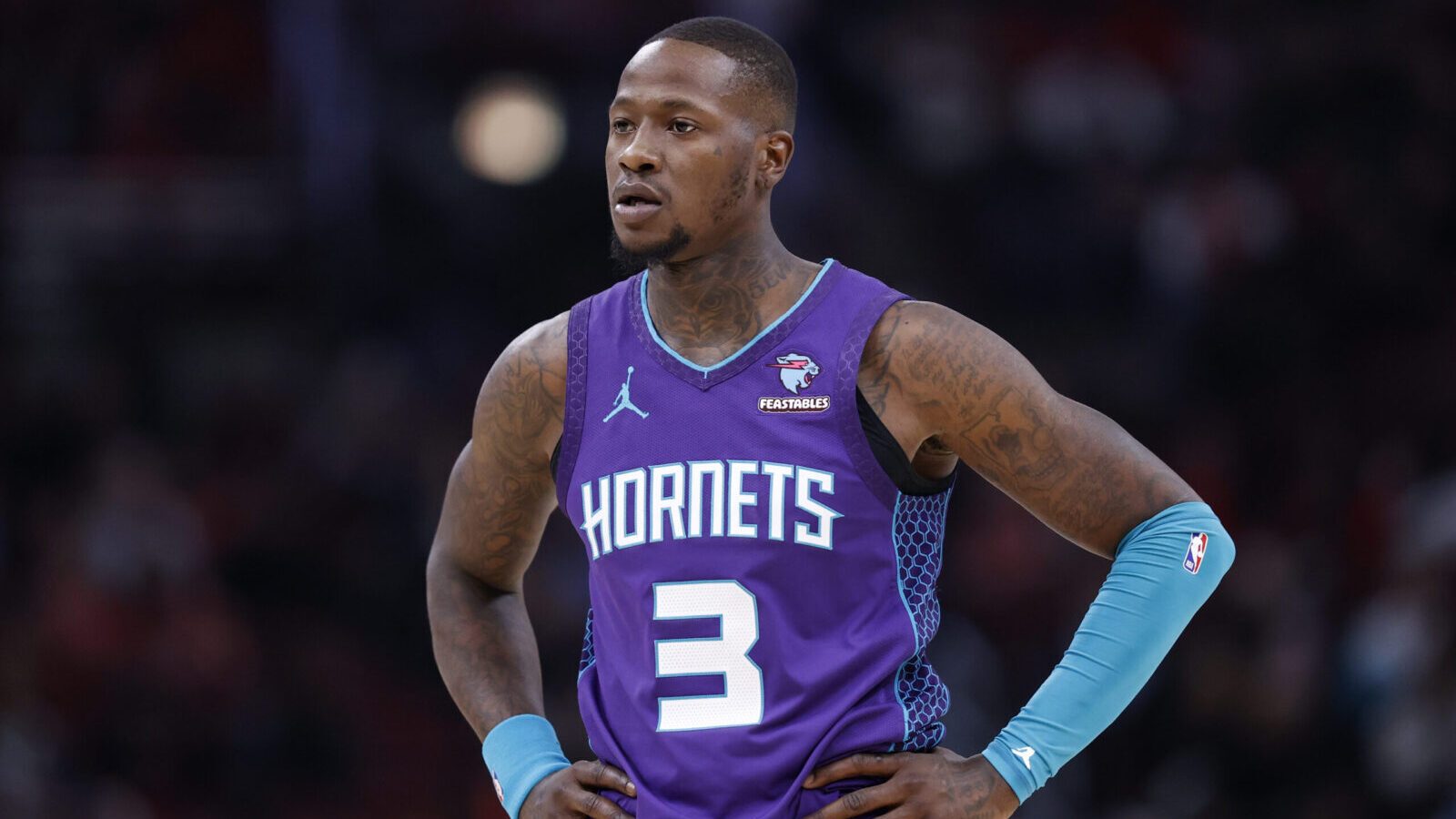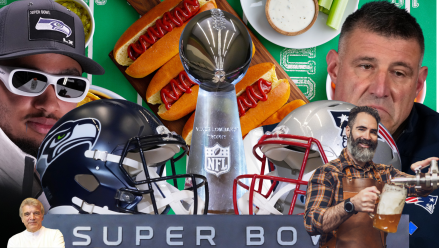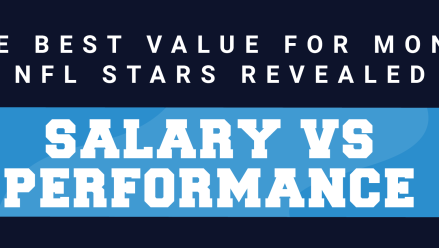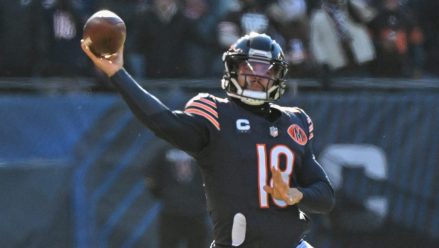At about this time last year, NBA Commissioner Adam Silver was issuing a lifetime ban on Jontay Porter for sharing insider information and betting on basketball. And Los Angeles Dodgers slugger Shohei Ohtani was telling the world that he had nothing to do with what turned out to be a massive illegal sports betting ring based in Southern California.
Tuesday, The Athletic released a key result from an annual poll of NBA players that revealed the majority of players think NBA-gambling partnerships are “bad.” They wrote about harassment, the integrity of the game, and how their hard work to succeed now feels like a footnote.
Porter will never play professional basketball in the U.S. again, and potentially nowhere else in the world. The NBA ban turned out to be the least of his worries — Porter pleaded guilty on a federal count to commit wire fraud last July, and is scheduled to be sentenced by a federal court judge in New York in December.
Ohtani was ultimately absolved of any involvement, but his former interpreter, Ippei Mizuhara, is set to report to prison May 12 for a 57-month sentence for stealing nearly $17 million from Ohtani to bet illegally. The judge also ordered Mizuhara to pay Ohtani back.
Since then, San Diego Padres shortstop Tucupita Marcano was banned from Major League Baseball for betting on baseball while playing for the Pittsburgh Pirates, and several college basketball teams have come under scrutiny for potential gambling scandals.
The U.S. Supreme Court in 2018 overturned the Professional and Amateur Sports Protection Act, making legal sports betting a states’ rights issue. Since then, 40 U.S. jurisdictions have legalized, with Missouri set to go live in December. In addition, unregulated sites operating through sweepstakes laws and prizing have garnered market share and lawmaker attention, and prediction markets like Kalshi and Crypto.com have pushed into sports with “event contracts” that mirror sports betting stakes. Those exchange platforms are, ostensibly, regulated at the federal level under the Commodity and Futures Trading Commission (CFTC), however multiple states have challenged the breadth of the CFTC’s jurisdiction, characterizing the markets as an “end around” to state-based laws, regulations, and consumer protection protocols.
The prevalence of sports betting has changed not only how fan experience sports, but how the athletes themselves do. The scandals are only a part of the picture.
Social-media harassment overwhelming
When it comes to gambling, college and professional athletes have posted on X and spoken publicly about the pressures associated with their games and sports betting. There have been instances in which players have been threatened over missed shots or catches and some states have instituted penalties for those who harass athletes.
In 2014, Silver became the first U.S. professional sports league commissioner to endorse legal sports betting. He called for “mandatory monitoring and reporting of unusual betting-line movements; a licensing protocol to ensure betting operators are legitimate; minimum-age verification measures; geo-blocking technology to ensure betting is available only where it is legal; mechanisms to identify and exclude people with gambling problems; and education about responsible gaming.” He also called for a federal framework.
Ten years later, all of those controls (except the national framework) are in place, and with legal sports betting available across most of the country, his counterparts have joined him in making partnerships with gambling companies.
But the people playing the games aren’t so sure it was the right move. The Athletic Tuesday shared a key set of results from its annual NBA poll. A new question was added: Are the NBA’s gambling partnerships good or bad for the league, and why?
Forty six percent of respondents answered “bad” and 34% responded with “good.” The remaining 20% said they were “somewhere in the middle” or undecided. The answers to the question were passionate and like The Athletic, we submit, worth noting.
According to The Athletic, 158 of about 450 NBA players responded and 150 of those offered comments. The survey is anonymous. Below is a look at some of the most intense opinions.
‘There is money in it … but hard on players’
Below are selected comments from players who say gambling-NBA partnerships are “bad.” Some common themes are that players say they are constantly threatened and harassed, and that they believe gambling partnerships dilute their hard work and the integrity of sport. One player wrote that he believes the partnerships are “hurting the soul of the game.”
I think it’s dangerous to have such a close partnership. I get that it increases your own money, but it’s a little unsettling to me. … I get 10 messages, DMs (direct messages) a game, (saying), “F— you, I’m gonna f— your family up.“
It’s not great when you’re banning players, understandably, for gambling, and then you’re promoting it. It would be like telling us not to do cocaine and then giving the players cocaine in the locker room.
I don’t think they should be partnered (or) pushing it. People already think it’s rigged. I’m in the league, and if I was watching some of these games at home with the way they go, I would think somebody made a call. I just don’t think it’s a great look.
I don’t mind if it puts money in our pockets. But it’s terrible right now. Terrible. People (are) calling my mom during games (about their bets).
Bad for the league. It undermines the commitment for NBA players and encourages fans to value it over the players.
‘It makes the league more money’
Below are selected comments from players who say gambling-NBA partnerships are “good.” The common theme is that gambling partnerships will help the NBA — and in turn the players — make more money. One player summed it up succinctly: “However we get more money is good.”
It’s great. Gambling is great for the league. More money, more eyes, more fan engagement.
It gets more people involved watching it. Whether it’s for the good or bad, people will engage with the league more.
There’s a lot of money to be spent in gambling. So I think at some point, we get a piece of that. It’s good for the game. It’s good for the fans. Obviously, it’s not good if players are doing it. But I think overall, it’s good.
It puts more money in the league’s pockets. But it also puts your players on the line, in a sense. I’d say it’s good. I personally don’t like it, but I think it’s good for the league.







